“We want to provide a legal framework for ASEAN,” Romualdes said. “Along with that is cybersecurity, the issues that come with artificial intelligence, which require a lot of support and regulation. We feel that in ASEAN we can take advantage of and optimize these developments, but within a legal framework.”

An AI-related slogan at the World Economic Forum in Davos, Switzerland on January 16, 2024. Photo: Reuters
Due to the rapid development of AI, regulatory bodies around the world are rushing to draft regulations to govern the innovative use of AI, which is likely to reshape the AI industry.
The Philippines’ AI legal framework could pose a challenge for ASEAN, a region of nearly 700 million people and 10 countries with very different regulations on censorship, intellectual property, disinformation, social media and internet use.
According to a Reuters comparison, the Philippines' proposal would differ from the ASEAN draft "Guidelines on Ethics and Governance of AI," which has been implemented by countries in the region since October 2023 in a business-friendly approach to AI regulation.
Some tech CEOs say such voluntary guidance would ease compliance burdens and allow for more innovation in the region.
Meanwhile, Romualdez said the AI law is particularly important for the Philippines because the country’s important business process outsourcing (BPO) sector “is now under serious threat.”
“This is a very vulnerable area in a very bright industry today. The logical direction for us is to transition our people and upskill them to an AI-enabled level,” Romualdez said.
“It is our responsibility in Congress to come up with a legal framework that is not only suitable for the Philippines but also very, very suitable for ASEAN,” he added.
Ngoc Anh (according to Reuters)




![[Photo] The 1st Congress of Phu Tho Provincial Party Committee, term 2025-2030](https://vphoto.vietnam.vn/thumb/1200x675/vietnam/resource/IMAGE/2025/9/30/1507da06216649bba8a1ce6251816820)
![[Photo] General Secretary To Lam receives US Ambassador to Vietnam Marc Knapper](https://vphoto.vietnam.vn/thumb/1200x675/vietnam/resource/IMAGE/2025/9/29/c8fd0761aa184da7814aee57d87c49b3)
![[Photo] Solemn opening of the 12th Military Party Congress for the 2025-2030 term](https://vphoto.vietnam.vn/thumb/1200x675/vietnam/resource/IMAGE/2025/9/30/2cd383b3130d41a1a4b5ace0d5eb989d)
![[Photo] General Secretary To Lam, Secretary of the Central Military Commission attends the 12th Party Congress of the Army](https://vphoto.vietnam.vn/thumb/1200x675/vietnam/resource/IMAGE/2025/9/30/9b63aaa37ddb472ead84e3870a8ae825)
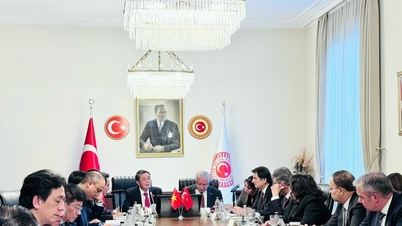



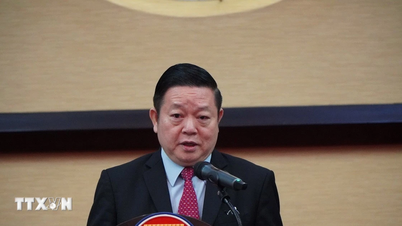




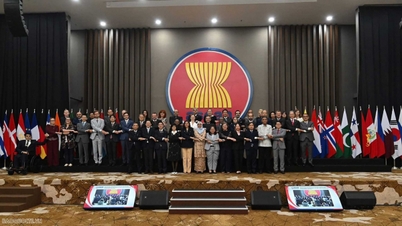


















![[Photo] General Secretary To Lam attends the ceremony to celebrate the 80th anniversary of the post and telecommunications sector and the 66th anniversary of the science and technology sector.](https://vphoto.vietnam.vn/thumb/1200x675/vietnam/resource/IMAGE/2025/9/29/8e86b39b8fe44121a2b14a031f4cef46)






































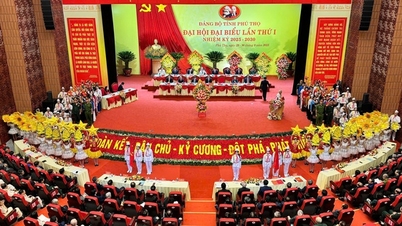

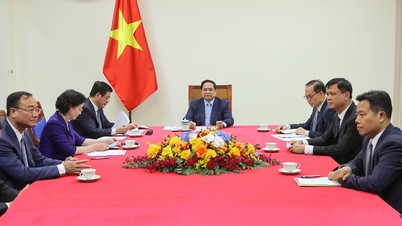
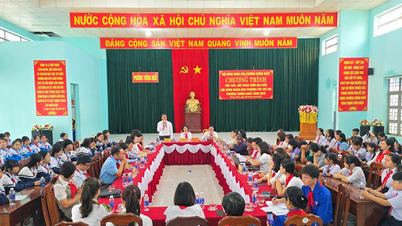

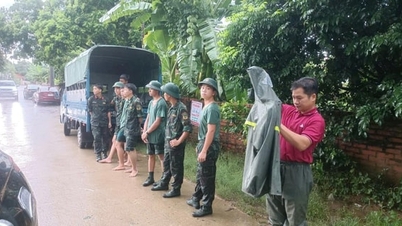

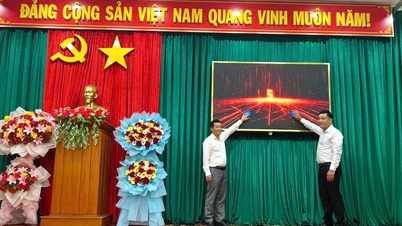

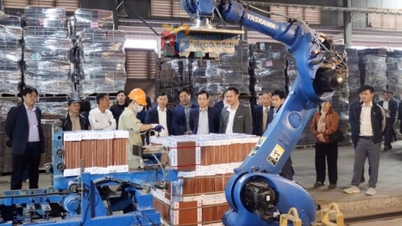

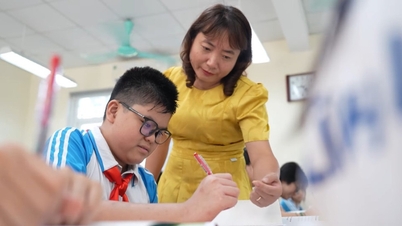

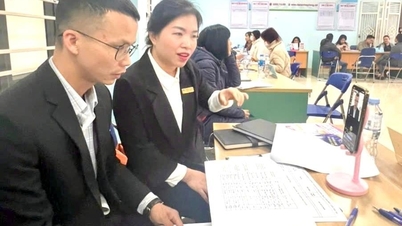















Comment (0)